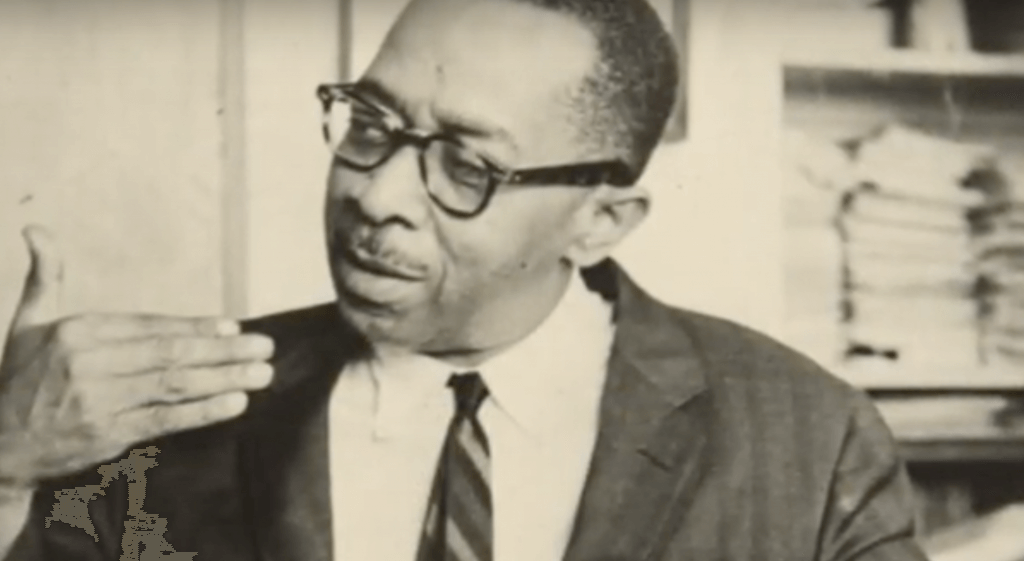Learn about Kenneth B Clark’s biography. In 1950, he published a report on his research on racial discrimination against children in U. S. schools.
This document was used to reveal the psychological effects caused by racial segregation propagated by Jim Crow’s laws and promoted its abolition in 1954.
- Clark has made many contributions to social and experimental psychology and society at large.
- He had the help of his wife.
- Grandma Phipps Clark.
- Who was also a psychologist.
He is also known for his studies of Afro-descendant culture and for being the first African-American president of the American Association of Psychology (APA). Undoubtedly, he was a man who believed and fought for radical changes in society from academia.
He was born in the Panama Canal in 1914 and died in 2005 in New York. When he was young, he moved with his family to New York and studied at Howard University.
He did a PhD in psychology at Columbia University and majored in experimental psychology. He was also the first full-time African-American professor at City College, New York.
Kenneth Clark married American social psychologist Mamie Phipps Clark, with whom she worked, above all, the self-awareness of African-American children in kindergarten. The two subsequently moved to Harlem, where Clark earned his Ph. D. Columbia University.
Kenneth B Clark worked with Ralph Bunche, one of his professors and Nobel Peace Prize laureate, on a study on race relations. The results, published as An American Dilemma in 1944, became mandatory readings at many schools and universities in the United States.
In 1946, he founded the Northside Center for Child Development. Her work started out very promising.
Shortly the day after, Kenneth Clark drafted the report on the effects of racial segregation on children that attracted Judge Robert Carter’s interest and used it in the arguments that led to the abolition of Jim Crow’s laws before the U. S. Supreme Court.
“Did the court see the question clearly? A racist system inevitably destroys and harms human beings; mistreats them and dehumanizes them, in black and white?. – Earl Warren, President of the Supreme Court
Later, Kenneth Clark was a consultant to government and private agencies and became the first African-American member of the New York State Board of Regents.
He also founded Harlem Youth Opportunities Limited and Kenneth B. Clark
In Kenneth Clark’s work, it is difficult to differentiate personal life from professional life; he has dedicated his time, effort and knowledge to the fight for change and the improvement of the living conditions of the African American community in the United States.
He has written several books and articles on the status of African-Americans due to segregation. His most important works were “Prejudice and His Son,” “A Possible Reality?”And “Power Challenge. “
He later became a full professor at City College in New York, where he taught psychology. At the same time, he and his wife Mamie Phipps worked un pay at the Northside Children’s Development Center, dealing with children with personality disorders.
“Children who are treated as if they are impossible to educate become almost invariably impossible to educate. “Kenneth Clark.
Despite the U. S. Supreme Court’s decision to introduce a radical change in racial segregation, real changes take time to occur and prejudice persists.
Kenneth Clark has become a prominent academic activist and has led education boards that have ensured the integration of African-American children into schools.
When good knowledge is combined with the best causes, they are able to move mountains and tear down walls that seem second to none. Clark never made it to his fight until the day of his death in 2005. It was a living example of the importance of social psychology. in our daily lives.

